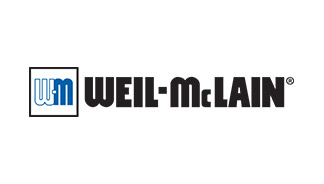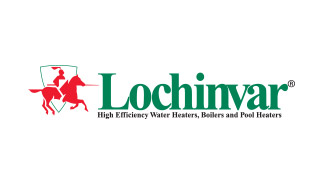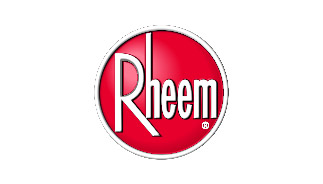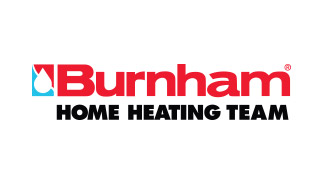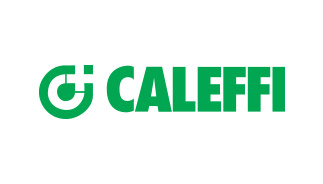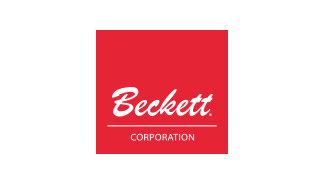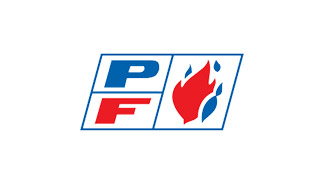Published on
August 3rd, 2020Energy Conservation: The Importance of Pipe Insulation for Heating and Hot Water Pipes
The pipes in your plumbing system that are used for heat and hot water should be insulated, for a number of reasons. Water pipe energy conservation is at the top of the list. Learn more about pipe insulation in this post and how you can save money by making sure your insulation is up to the job. Whether you’re a single-family homeowner or the manager or landlord of a large New York City apartment or condo building, this article is for you.
Why Should You Insulate Your Pipes?
Protection
Heat and hot water pipes can become seriously hot. Insulating them can keep you and others who work around the pipes from getting burned. If you have staff working in a commercial or large residential building, the proper insulation can prevent accidents, including fires, and workers’ compensation claims.
Conversely, insulation also protects these pipes from freezing in the winter, especially where they run close to the exterior of your structure. Freezing pipes can burst, causing major water damage and loss of water supply.
Tenant satisfaction
If you own or manage a building with tenants, their comfort is obviously a concern. And if they’re not happy, they’re going to bother you with complaints about cold apartments or cold showers.
Furthermore, some retail and industrial tenants may need the right level of heat or hot water. They may have goods, like high-end furniture or art, that require a stable environment. Or, they may use processes where the proper water temperature is essential.
Noise control
Pipes can be noisy, especially in older buildings or in spaces without a lot of sound dampening. Insulating your pipes cuts down on vibration and noise. This is true whether you manage an apartment building or commercial space.
Improved efficiency
By protecting your water pipes from heat loss or outside cold, you improve their efficiency. Uninsulated pipes are like driving in winter with your heater on and the windows down—not a very practical way to maintain heat as much is lost to the environment.
Elimination of condensation
When pipes lose heat quickly in the form of steam, it can reform as condensation when the steam cools and returns to liquid form. This can collect on pipes and in walls, neither of which is desirable.
Condensation can make it look like a pipe is leaking when it is not. It can also affect the lifetime of your water pipes and promote the growth of mold or mildew. When insulation is really poor or lacking altogether, condensation can freeze, which causes pipe damage.
Energy Conservation
By boosting the efficiency of your heat and hot water pipes, you also help with energy conservation. This has multiple benefits. On a larger scale, it’s better for the environment because you don’t have to use as much gas or electricity to run your system.
You’ll also find your heat and hot water boiler turning on less often. This saves you money on your utility bills. These savings can be quite substantial over time with a larger residence, apartment building, or commercial space.
What Are Signs Your Pipes Need Better Insulation?
Know these signs
There are numerous ways you can tell if your water pipes need better insulation. You may observe several of these simultaneously:
- Obvious lack of insulation: a visual assessment reveals little to no insulation.
- Condensation on pipes or moisture nearby: condensation is not only a sign of lost energy; it can provide a medium for mold and mildew to grow.
- Freezing pipes in cold weather: pipes that freeze, clog, or burst in cold weather definitely need insulation.
- Poor heat and hot water performance: when your radiators aren’t hot enough or tenants complain of tepid showers, it may be that uninsulated pipes are losing heat.
- Overly high utility bills: if your bills are higher than other buildings’ your size with similar gas or electricity usage, it’s often because your heat and hot water systems are working harder than they have to.
Is Heat and Hot Water Pipe Insulation a DIY Job?
Call the pros
In general, insulating your pipes is not a DIY project. Unless you’re simply fitting a sleeve over a few pipes around your home boiler, it’s best to call the experts at Calray.
Our in-house insulating professionals will know which type of insulation is best for your particular situation. And of course, our experts have all the tools needed to do the job quickly and effectively.
If you think your insulation needs an upgrade for water pipe energy conservation, reach out to Calray Boilers today. You can phone us at 212-722-5506, or use our easy online form to schedule an appointment. We’ll take a look at your heat and hot water pipes, make recommendations, and install the insulation for you, so you get maximum efficiency and savings from your system.
